On July 4, 2025, Russia shocked the global community by formally recognizing the Taliban government of the Islamic Emirate of Afghanistan. This marks the first instance of any country officially recognizing the Taliban government since it seized power in Kabul in 2021. While countries like China, North Korea, Pakistan, and the United Arab Emirates have maintained diplomatic relations with Afghanistan, none had granted formal recognition until now. This move is not only significant from a geopolitical perspective but also underscores the prioritization of strategic interests and the “might is right” doctrine in global politics.
Historical Background
Afghanistan’s history has been a challenging chapter for foreign powers. In 1979, the Soviet Union invaded Afghanistan but was driven out by 1990 by mujahideen forces backed by the United States and Western nations. Some of these mujahideen later formed the Taliban and captured Kabul in 1996. Following the 9/11 attacks, NATO forces led by the U.S. invaded Afghanistan in 2001, overthrowing the Taliban government. However, NATO could not completely eliminate the Taliban, and in 2021, they withdrew, allowing the Taliban to reclaim power.
Upon their return, the Taliban imposed strict Islamic laws, banning girls from education beyond the sixth grade and restricting women from employment and access to public spaces like parks and gyms. These human rights violations led to the Taliban government being denied recognition by the international community. Yet, Russia’s recognition suggests that strategic interests can outweigh human rights and democratic values in geopolitics.
Russia’s Strategic Move
Russia’s decision to recognize the Taliban government is driven by several strategic motives. First, Russia aims to protect Central Asian republics like Tajikistan, Uzbekistan, Turkmenistan, and Kyrgyzstan from Taliban-sponsored terrorism. Russia holds significant influence in Central Asia and seeks to maintain it. Second, Russia wants to curb the drug trafficking originating from Afghanistan, which is a major issue for Russia and Central Asian states. Third, Russia intends to combat ISIS elements within its borders with Taliban cooperation. Additionally, this move strengthens Russia’s alliance with China, North Korea, Belarus, Iran, and the Central Asian republics to counter the U.S. and Western nations.
Taliban’s Aspirations
The Taliban government has long sought formal recognition from the global community. Its seizure of power through force and its human rights violations, particularly against women and girls, had previously prevented such recognition. Russia’s move is a significant breakthrough for the Taliban, potentially encouraging other nations to follow suit.
The Geopolitical Game
Afghanistan has never been controlled by a foreign power for long. During Mughal Emperor Akbar’s reign, Kabul and Kandahar were briefly under control, but this ended under Jahangir. The British Empire also attempted to dominate Afghanistan multiple times but failed each time. This history highlights Afghanistan’s geographical and cultural complexities, making it unconquerable for foreign powers.
Russia’s recognition of the Taliban symbolizes that in international politics, there are no permanent friends or enemies—only permanent strategic interests. Ironically, Russia granted recognition on July 4, while Malala Day is observed on July 12. Malala Yousafzai, who was shot by the Taliban on October 9, 2012, for advocating girls’ education, won the Nobel Peace Prize in 2014. This irony exposes the neglect of democratic values, human rights, and freedom in global politics.
Russia’s recognition of the Taliban is a strategic maneuver that not only strengthens its influence in Central Asia but could also shift the global power balance. However, it raises a critical question: will the international community prioritize strategic interests over human rights and democratic values? Only time will tell the direction this move will take global politics. It is also evident that the world increasingly accepts the “might is right” formula. Furthermore, the irony of enlisting a designated terrorist organization to fight terrorism—what a contradiction!

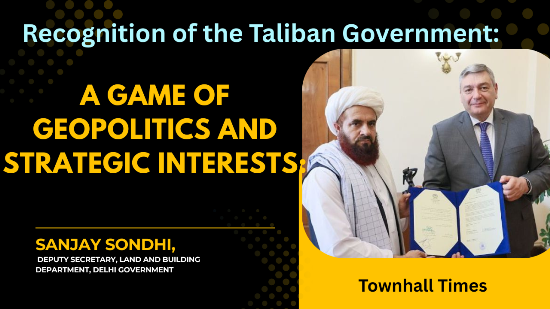

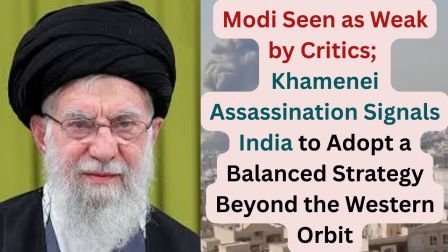

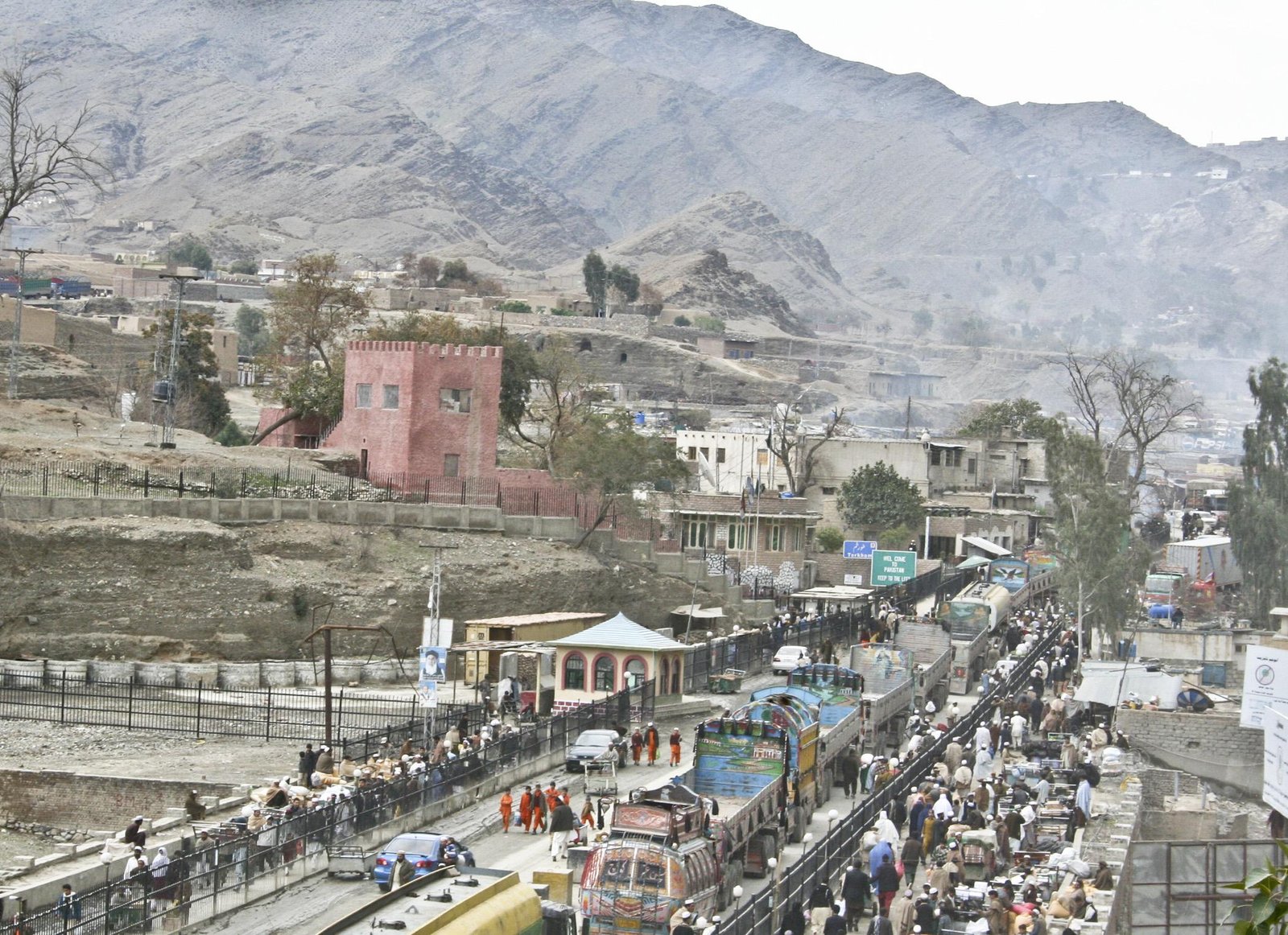
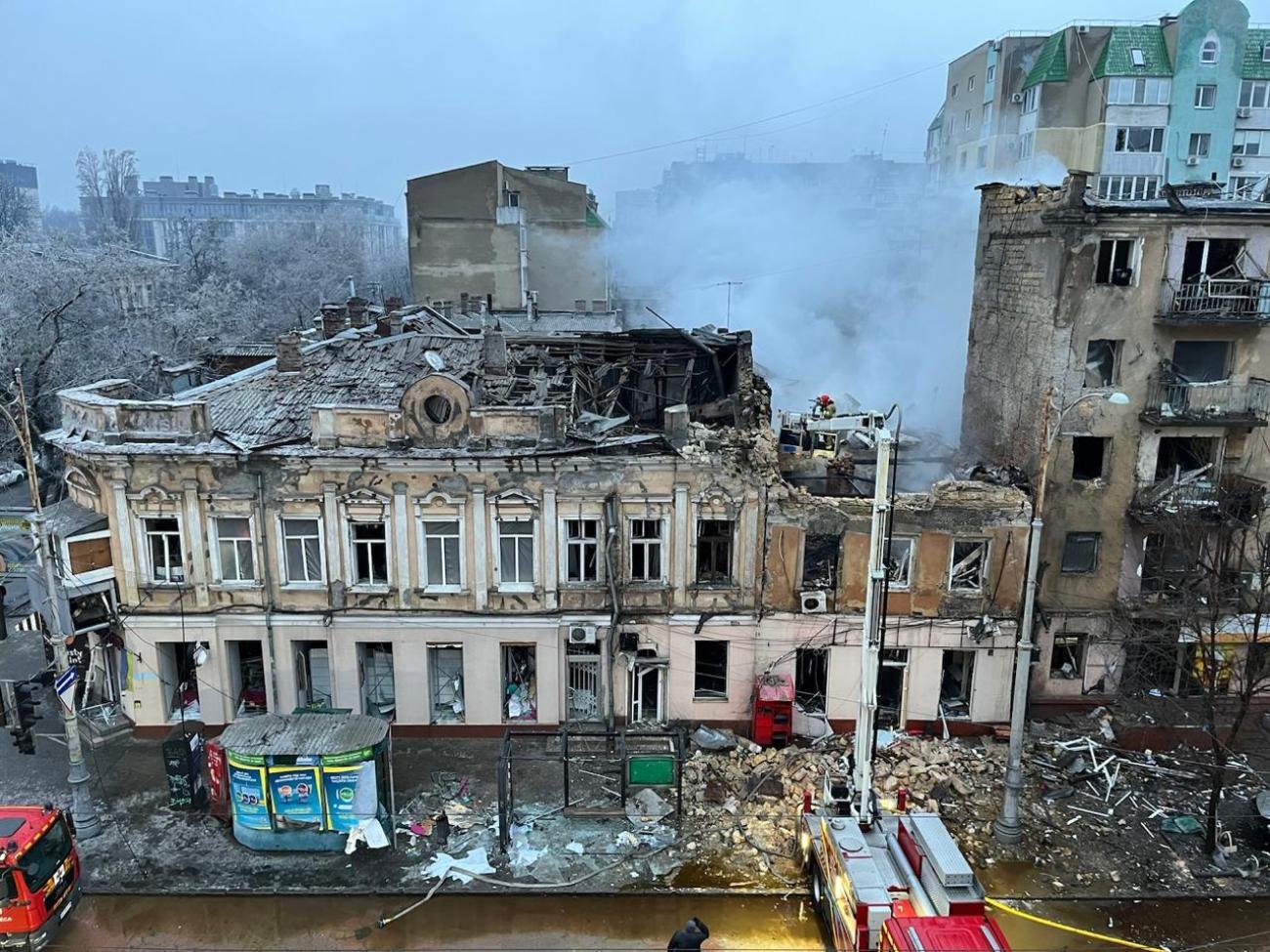

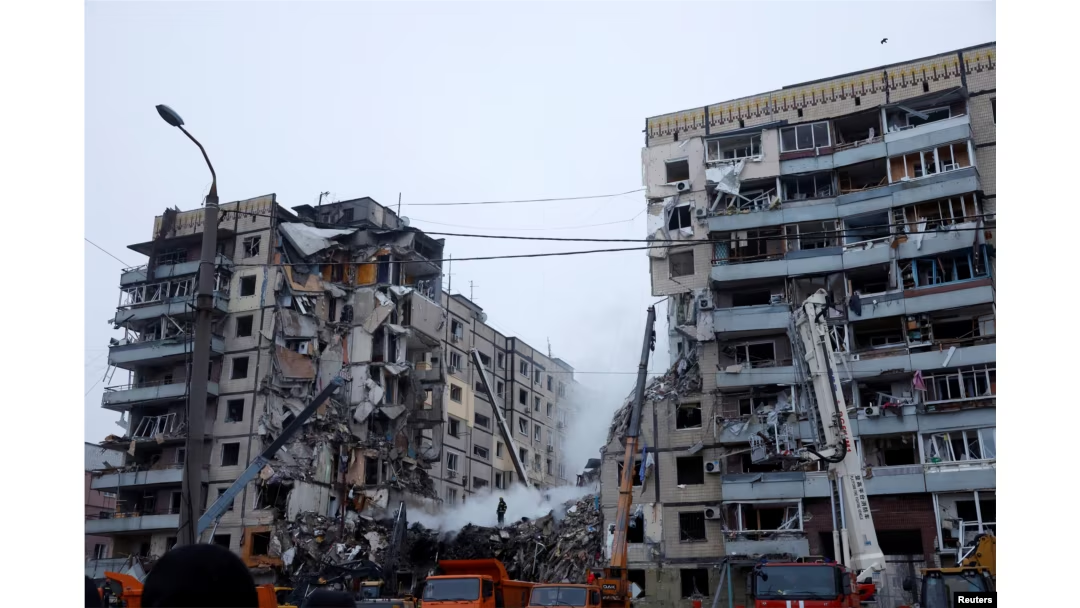

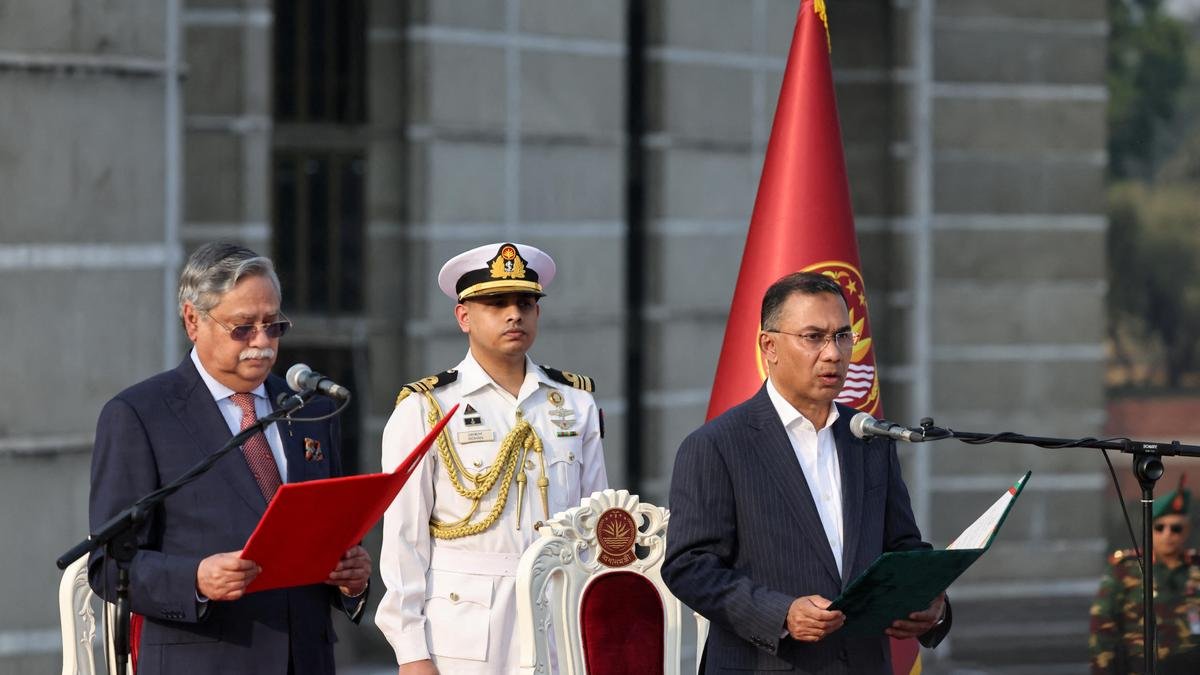
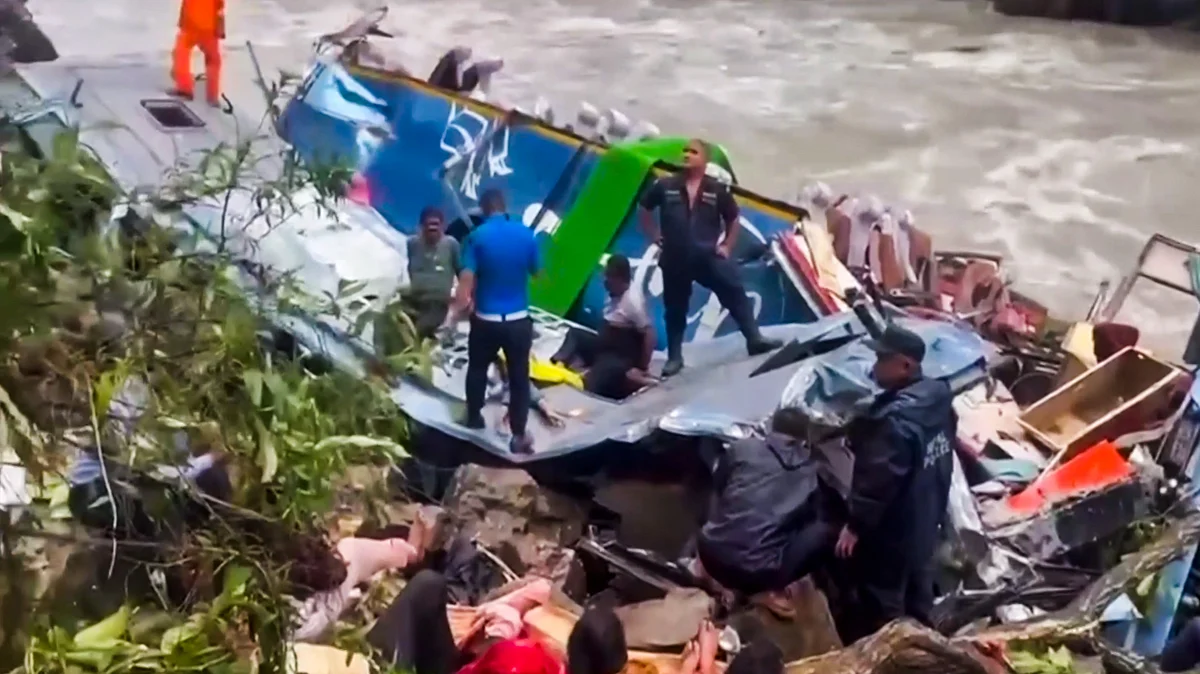
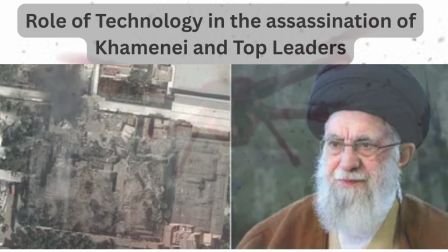
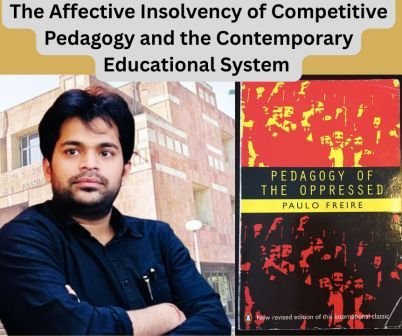
Leave a Reply